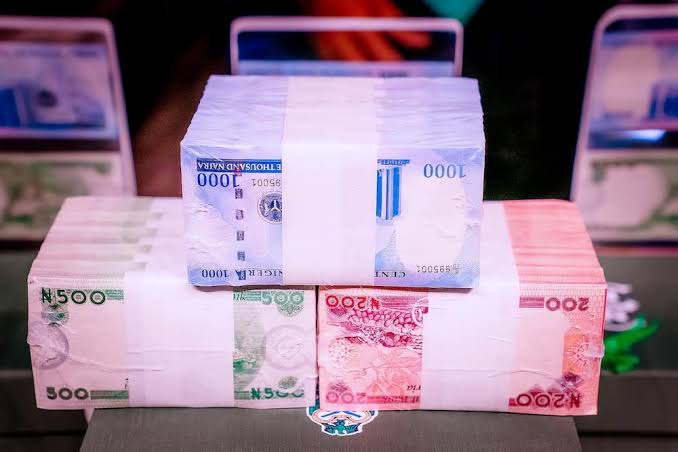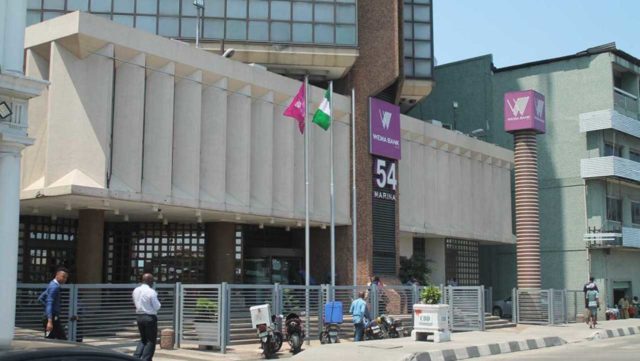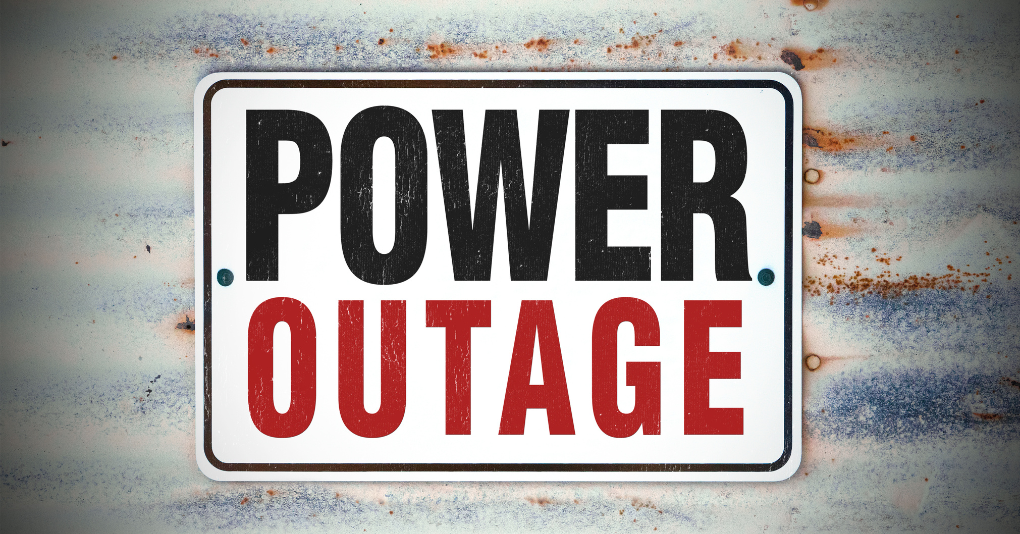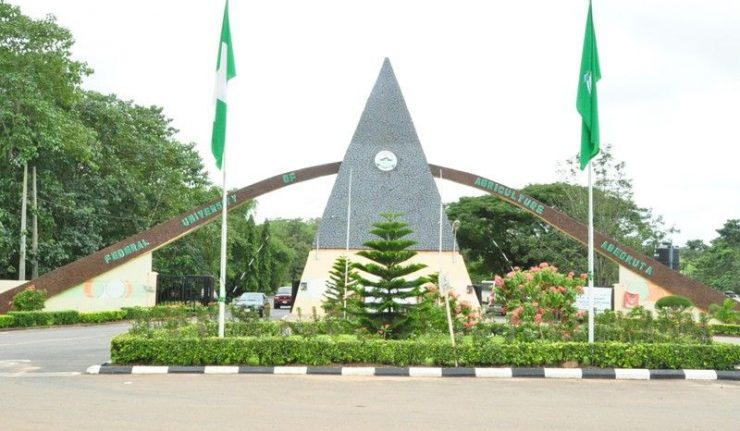
Keep up with the latest news and be part of our weekly giveaways and airtime sharing; follow our WhatsApp channel for more updates. Click to Follow us
Nigeria’s total public debt rose by 5.97% or N8.02 trillion to N142.3 trillion as of September 30, 2024, according to the Debt Management Office (DMO). This increase was driven by naira depreciation and heavy domestic borrowings by the federal government.
The exchange rate weakened from N1,470.19/$ in June to N1,601.03/$ by the end of September, contributing to the surge in debt. The Federal Government accounts for the bulk of domestic debt, which rose from N66.96 trillion in June to N69.22 trillion by September.
*Breakdown of Nigeria’s Public Debt*
– *External Debt*: Nigeria’s external debt in dollar terms grew marginally from $42.9 billion in June to $43.03 billion in September. However, the naira equivalent of external debt surged significantly by 9.22%, rising from N63.07 trillion to N68.89 trillion.
– *Domestic Debt*: Domestic debt recorded mixed performance, declining by 5.34% in dollar terms from $48.45 billion in June to $45.87 billion in September. In naira terms, however, domestic debt increased by 3.1%, from N71.22 trillion to N73.43 trillion.
– *Federal Government Bonds*: Federal Government bonds remained the largest component of domestic debt, increasing by 4.47% to N54.65 trillion in September.
– *Treasury Bills*: Treasury Bills declined marginally by 0.66% to N11.73 trillion.
– *Promissory Notes*: Promissory notes grew by 5.8%, increasing from N1.67 trillion in June to N1.77 trillion in September.
Nigeria raised $2.2 billion through its Eurobond auction in December 2024, marking its return to the international capital markets. The funds are expected to support the 2024 budget amid revenue shortfalls and mounting public spending pressure.
The DMO report also highlighted the composition of Nigeria’s external debt stock, which stood at $43.03 billion as of September 2024. Multilateral obligations accounted for 50.6% of the total external debt, with a value of $21.77 billion. Bilateral debt made up 13.5% of the total external debt, amounting to $5.81 billion.
Commercial loans, primarily Eurobonds, accounted for 35.14% of the total external debt, with a value of $15.12 billion. The report noted that Nigeria’s external debt profile remains largely stable, with only minor adjustments in multilateral and bilateral obligations.
In a statement, the DMO said that the increase in Nigeria’s public debt is a reflection of the government’s efforts to finance its budget deficit and fund critical infrastructure projects. However, the DMO also acknowledged the need to manage the country’s debt portfolio sustainably and to ensure that the debt-to-GDP ratio remains within manageable limits.
As Nigeria continues to navigate its debt challenges, the government has pledged to implement fiscal discipline and debt management strategies to ensure the country’s long-term economic stability. The DMO report provides a comprehensive overview of Nigeria’s public debt profile and highlights the need for prudent debt management practices to ensure the country’s economic growth and development.
Please don’t forget to “Allow the notification” so you will be the first to get our gist when we publish it.
Drop your comment in the section below, and don’t forget to share the post.







